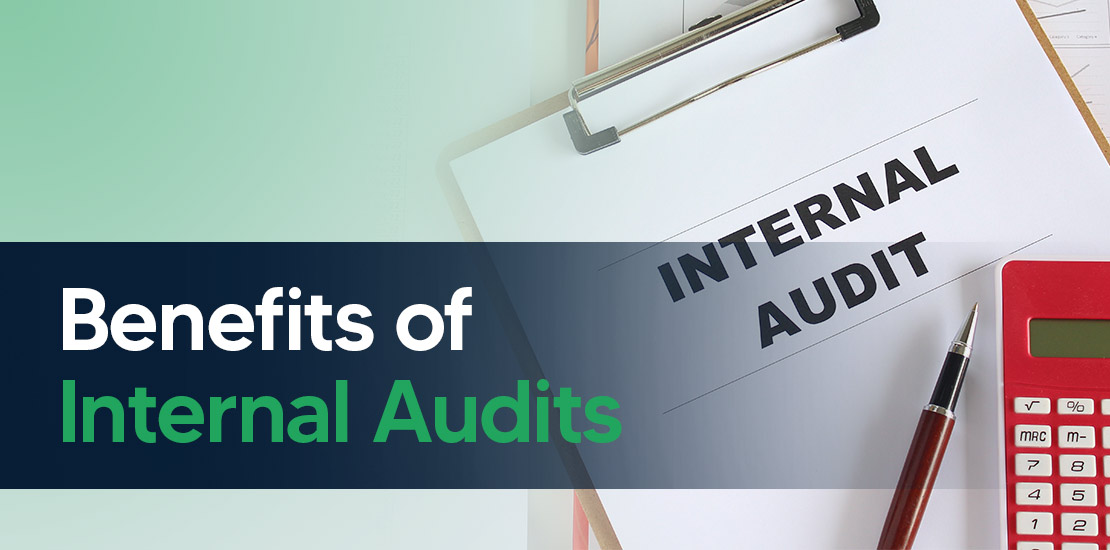The UAE has always been a favourite place for businesses thanks to its strong economy, modern infrastructure, and global connections. But in January 2022, the country made a big change by introducing a federal corporate tax law (Federal Decree-Law No. 47 of 2022, as amended). From 1 June 2023 onwards, companies in the UAE are required to follow this new system and pay tax on their business profits.
This means UAE corporate tax compliance has now become a must for all businesses. It’s not only about avoiding penalties; staying compliant also helps companies build trust, keep their reputation strong, and run operations smoothly. On the other hand, ignoring these rules can lead to fines, legal troubles, and unnecessary financial risks.
Therefore, we’ll explain everything you need to know about corporate tax in the UAE. We’ll cover who needs to pay, the tax rates, registration and filing process, penalties for missing deadlines, special rules for free zones, and practical tips to stay compliant.
UAE Corporate Tax Overview
Corporate tax is a direct tax on the profits earned by companies and businesses. In simple terms, it’s a percentage of a business’s net income that must be paid to the government. The UAE introduced this system to align with global standards, diversify revenue streams, and enhance transparency in its economy.
Key Features of the UAE Corporate Tax System:
- Introduced under Federal Decree-Law No. 47 of 2022 (as amended).
- Standard tax rate of 9% on taxable income above AED 375,000.
- 0% tax rate on profits up to AED 375,000 (to support small businesses and startups).
- Free zone businesses can still enjoy 0% tax on qualifying income, provided they meet specific conditions.
- Certain entities (like natural resource businesses and government bodies) are exempt from corporate tax.
- Complies with OECD global tax standards and includes rules for transfer pricing and transparency.
What is a Taxable Person?
A taxable person is any individual or legal entity that is required to pay corporate tax in the UAE. This includes:
- Resident juridical persons (like LLCs, PSCs, and PJSCs incorporated in the UAE).
- Non-resident juridical persons with a permanent establishment in the UAE.
- Natural persons (individuals) who carry on a business activity in the UAE and cross the income threshold set by the FTA.
- Free zone entities that don’t meet conditions for qualifying income.
In simple terms, if you’re earning business profits in the UAE (unless exempt by law), you fall under the definition of a taxable person.
Who is Subject to UAE Corporate Tax?
The corporate tax applies to a wide range of businesses and individuals with a business license in the UAE.
- Mainland Companies: All UAE-registered businesses must comply, unless specifically exempt.
- Free Zone Companies: Subject to corporate tax, but may continue to enjoy 0% on qualifying income if they meet the FTA’s requirements.
- Offshore Companies: Also within the scope if they earn income from the UAE or manage operations here.
- Foreign Companies/Individuals: Only taxed if they conduct trade or have a permanent establishment in the UAE.
What are the UAE Corporate Tax Compliance Requirements?
For businesses in the UAE, complying with corporate tax is essential to understand your obligations, meet deadlines, and keep proper financial records. Here’s a breakdown of the key requirements:
1. Determining Your Corporate Tax Obligations
Every business must first figure out whether it falls under the corporate tax regime. This means checking if you are a taxable person (mainland company, free zone entity, or non-resident with UAE operations) and understanding the applicable tax rates to your income, exemptions, and thresholds.
2. Corporate Tax Registration with the Federal Tax Authority (FTA)
All taxable businesses must register with the FTA and obtain a Tax Registration Number (TRN) before they start paying corporate tax. Key points include:
- Registration can be done online through the FTA portal.
- Even free zone companies may need to register if they earn non-qualifying income.
- Failure to register on time can result in penalties and affect your ability to claim certain exemptions.
- The FTA may require supporting documents, such as a trade license, passport copies of owners, and proof of business operations
3. Corporate Tax Return Filing Deadlines
Businesses must file annual corporate tax returns reporting their profits, deductions, and exemptions. Corporate Tax Returns are typically due 9 months after the end of the financial year.
Returns must include a breakdown of taxable income, expenses, and any free zone qualifying/non-qualifying income. Late or inaccurate filings can result in financial penalties, interest on unpaid tax, or additional audits.
4. Accounting and Bookkeeping Requirements
Proper accounting is essential for smooth compliance. Businesses must:
- Maintain accurate books of accounts, including ledgers, journals, and statements of income and expenses.
- Follow International Financial Reporting Standards (IFRS) or approved local accounting standards.
- Track all business transactions, including income, costs, assets, and liabilities.
- Ensure digital or physical records are readily accessible for FTA review or audit.
5. Maintaining Audited Financial Statements
Many companies, especially those in free zones or large businesses, must maintain audited financial statements. Even when not mandatory, audits are highly recommended as they provide credibility and ensure accuracy when filing tax returns.
6. Documentation & Record-Keeping
Proper documentation is the backbone of compliance. Businesses must keep:
- Financial records such as income statements, expense records, invoices, receipts, and bank statements.
- Contracts and agreements with customers, suppliers, and related parties.
- Transfer pricing documentation for intercompany transactions to show compliance with OECD guidelines.
- Any supporting documents that justify deductions, exemptions, or special tax treatments.
7. Payment of Corporate Tax
Businesses must ensure that any corporate tax due is paid within the deadlines specified by the Federal Tax Authority (FTA). It is important to reconcile tax returns with actual payments to avoid discrepancies and ensure accuracy. Keeping proof of all tax payments is essential, as these records may be requested during an FTA audit or review.
8. Transfer Pricing Compliance
Businesses with related-party transactions must follow arm’s length principles, ensuring that pricing is consistent with what independent parties would agree upon. Companies are required to prepare transfer pricing reports when applicable.
Remember, Shuraa Tax offers end-to-end corporate tax compliance services in the UAE, including tax registration, corporate tax return filing, advisory on exemptions, and transfer pricing documentation. Our expert team ensures your business meets all corporate tax compliance requirements.
What are the Penalties for Non-Compliance?
Non-compliance with UAE corporate tax regulations can lead to significant financial penalties. Here’s an overview of the key penalties businesses may face:
1. Late Registration Penalty
Failure to register for corporate tax within the prescribed timeline incurs a fixed penalty of AED 10,000, regardless of the business’s tax liability status. This penalty applies even if the business is not yet liable to pay tax.
2. Late Filing of Tax Returns
Businesses that miss the deadline for submitting their corporate tax returns face escalating monthly penalties:
- AED 500 per month for the first 12 months of delay.
- AED 1,000 per month if the delay extends beyond 12 months.
3. Late Payment of Taxes
If your corporate tax payment is delayed, a 14% annual penalty will start accruing from the day after the deadline. This continues until the full amount is paid, making it crucial to pay on time.
4. Failure to Keep Proper Records
Not maintaining accurate financial records or supporting documents can result in fines of AED 10,000 for the first offence and AED 20,000 if repeated within 2 years. Proper records are essential to support your filings and simplify any audits.
5. Incorrect or Misleading Tax Returns
Submitting an incorrect tax return can lead to AED 500 penalty, although this can often be avoided if the mistake is corrected before the filing deadline.
Note: The FTA offers a penalty waiver for businesses that missed registration. If you submit your first corporate tax return within seven months of the end of your first tax period, the AED 10,000 registration penalty can be waived or refunded if already paid.
Shuraa’s Corporate Tax Compliance Services
Ensuring corporate tax compliance in the UAE is very important for every business. It helps you avoid fines, stay on the right side of the law, and keep your company running smoothly. From registering with the FTA to filing your tax returns and keeping proper records, each step matters for hassle-free compliance.
Shuraa Tax is here to make the whole process easier. We offer comprehensive corporate tax compliance services in the UAE, including tax registration, filing corporate tax returns, guidance on exemptions, and transfer pricing documentation.
Don’t let corporate tax obligations slow your business down. Contact Shuraa Tax today for expert guidance and enjoy smooth, stress-free compliance in the UAE.
📞 Call: +(971) 44081900
💬 WhatsApp: +(971) 508912062
📧 Email: info@shuraatax.com













